Health
Ask a doc: 'Is it dangerous to crack my neck or back?'

Cracking your back or neck might provide quick relief and a satisfying popping noise — but is it a safe practice?
“When you stretch or manipulate your spine, such as by twisting or bending, the pressure within the joint changes,” Dr. William Kemo, a neurosurgeon at the Virginia Spine Institute, told Fox News Digital.
“This can cause a sudden release of gas bubbles, leading to a cracking sound.”
BE WELL: KEEP YOUR BONES STRONG TO PREVENT OSTEOPOROSIS
People often crack their back or neck out of habit, or to temporarily relieve tension or stiffness, Kemo noted.
“Typically, they do this to loosen up their back or neck when it is feeling tight or stiff. The ‘cracking’ is the popping of a tight or stiff facet joint.”
People often crack their back or neck out of habit to temporarily relieve tension or stiffness, a doctor noted. (iStock)
While the act of cracking can release endorphins (feel-good chemicals) for temporary relief, it doesn’t address the source of the tension, according to Tori Hartline, a chiropractor at Sunlife Chiropractic in Frisco, Texas.
ASK A DOC: ‘HOW CAN I IMPROVE MY POSTURE?’
Popping or cracking can even lead to injury, she warned.
“Chiropractors are trained to look for restricted areas in the spine and perform specific adjustments to decrease tension and improve range of motion,” Hartline said.

Cracking your back or neck can cause a myriad of health issues, experts are warning. (iStock)
“When an individual tries to pop their own back or neck, the segments that release gas are hypermobile segments versus the area of restriction. The joints above and below the area of restriction will move too much to compensate.”
She added, “Therefore, these cracks do not address the problem and can instead lead to further injury.”
The impacts of cracking your back or neck can include joint hypermobility, sprains or strains due to taking the joint too far past its proper range of motion — and even a fracture if too much pressure is applied, Hartline noted.
FOR ACUTE LOWER BACK PAIN, THESE ARE THE BEST MEDICATIONS, NEW STUDY FINDS
Kemo agreed, warning that cracking your back can cause unnecessary wear and tear on your spine.
“It may lead to strain on the muscles and ligaments surrounding the spine, potentially causing injury or exacerbating existing issues,” he added.

One expert suggested seeing a licensed chiropractor to identify areas of restriction and prescribe therapeutic exercise and stretches. (iStock)
It’s especially dangerous to crack the neck, which could impede blood flow and, in very rare cases, could increase stroke risk, according to Dr. Todd Sinett, a chiropractor at Tru Whole Care in New York.
Alternatives to cracking
There are plenty of safe alternatives that will provide longer-term relief without exacerbating potential issues with the spine, Kemo said.
“Commit to a daily stretching routine, and engage in core muscle exercises to strengthen the muscles supporting the spine,” he recommended.
WHAT IS SCOLIOSIS? CAUSES AND SYMPTOMS OF THE SPINAL CONDITION, TREATMENT PLANS AND MORE
Regular physical activity can also be helpful.
“A body in motion stays in motion, and helps avoid stiffness and alleviates tension,” Kemo said.
The doctor also suggested optimizing your ergonomics at home, at work and in the car.

Committing to a daily stretching routine and engaging in core muscle exercises can help strengthen the muscles supporting the spine, one doctor said. (iStock)
“Examine your daily routines to see if there may be repetitive situations that leave you feeling stiff or experiencing tension/tightness,” Kemo suggested.
This might include hunching in your chair or seat in the car, holding your device and looking down for prolonged periods, or sleeping in a certain position.
CLICK HERE TO SIGN UP FOR OUR HEALTH NEWSLETTER
Hartline also suggested seeing a licensed chiropractor, who can identify the areas of restriction and prescribe therapeutic exercise and stretches to give you the best results.
“If you’re experiencing persistent discomfort or pain, it’s best to consult with a medical specialist for proper evaluation and treatment.”
Overall, both experts agree that it’s important to listen to your body and avoid forceful manipulation of the spine.
“If you’re experiencing persistent discomfort or pain, it’s best to consult with a medical specialist for proper evaluation and treatment,” Kemo said.
“Remember, what works for one person may not be suitable for another — so personalized guidance is key.”
For more Health articles, visit www.foxnews.com/health.

Health
How Adding Nuts to a Low-Carb Diet Boosts Mood and Burns Fat Faster: Breakthrough Study

Sign Up
Create a free account to access exclusive content, play games, solve puzzles, test your pop-culture knowledge and receive special offers.
Already have an account? Login
Forgot your password?
Get back to the Sign In
Use left and right arrow keys to navigate between menu items.
Use escape to exit the menu.
Health
Nurses speak out: 'What I wish I'd known before entering the profession'
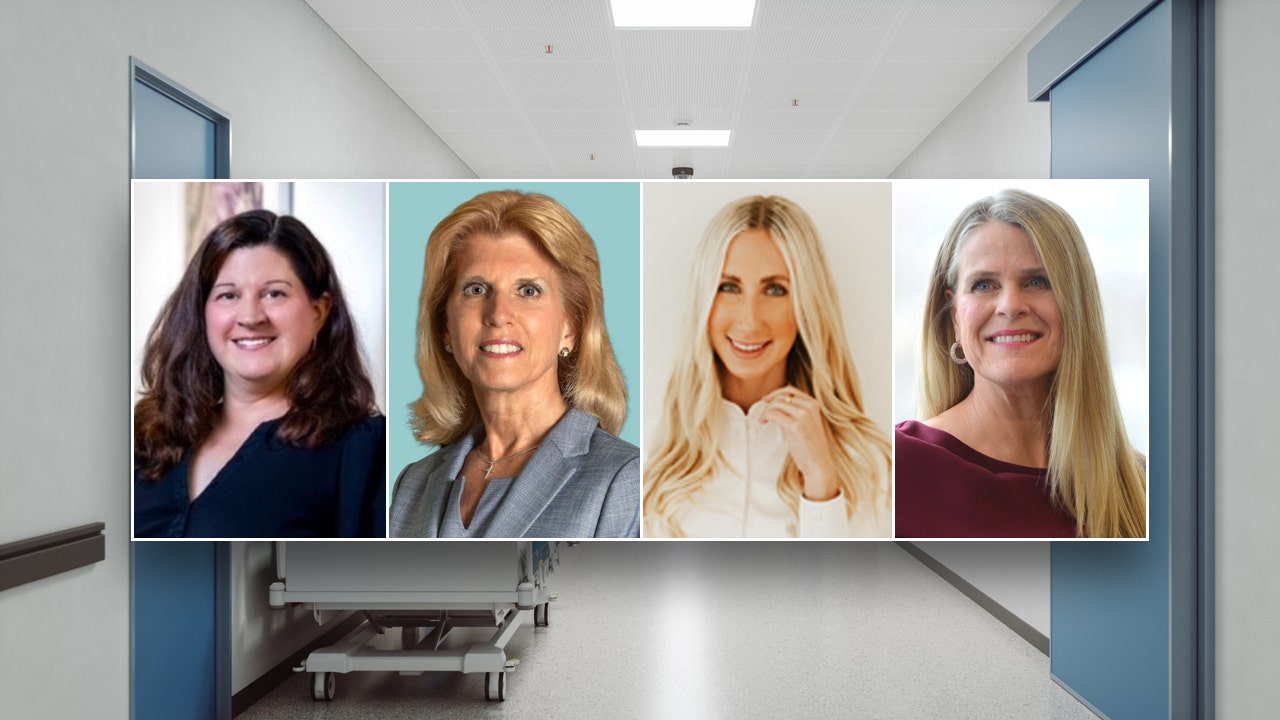
FIRST ON FOX: With nearly two-thirds of nurses in the United States experiencing burnout — including 69% of those under 25 years of age, according to the American Nurses Association — many in the industry are calling for change.
A recent survey by AMN Healthcare, a health care workforce solutions company based in Texas, found that most nurses aren’t optimistic about improvements, with 80% saying they think the year 2024 will be either “no better or worse” than last year and 38% of nurses expecting it to be worse.
“The concerns that many nurses have about their profession were not created by COVID-19 and have not gone away now that the crisis has passed,” Robin Johnson, group president of nursing solutions at AMN Healthcare, who administered the survey, told Fox News Digital.
NURSES CALL FOR CHANGE AS MANY REVEAL THEY’RE ‘EXTREMELY LIKELY’ TO LEAVE PROFESSION: ‘EMOTIONAL, STRESSFUL’
“Many nurses still feel overworked and undercompensated,” she said.
“What they want to see is a change in their daily working conditions — better hours, fair compensation and more time with their patients.”
Left to right, Karie Ryan, Michele Acito, Katelynn Blackburn and Lisbeth Votruba shared insights into the nursing profession with Fox News Digital. Two other nurses shared thoughts as well. (iStock/Karie Ryan/Michele Acito/Katelynn Blackburn/Lisbeth Votruba)
Amid the ongoing challenges faced by today’s nurses, six people in the profession shared what they wish they’d known before they decided to enter the field — and what advice they’d give to newcomers.
Lisbeth Votruba: ‘Nurses don’t have enough influence’
Lisbeth Votruba, a third-generation registered nurse in Belmont, Michigan, is also the chief clinical officer of AvaSure, a virtual health care platform.
“When I first entered the profession in the 1990s, I was surprised to learn that although nurses are held to high ethical and legal standards, they do not have the influence to match that level of accountability,” said Votruba.
“I see trends to show this is changing, and I am doing what I can as a member of the senior leadership team of a technology company to make sure the voice of nurses is heard as health care technology is being designed,” she said.
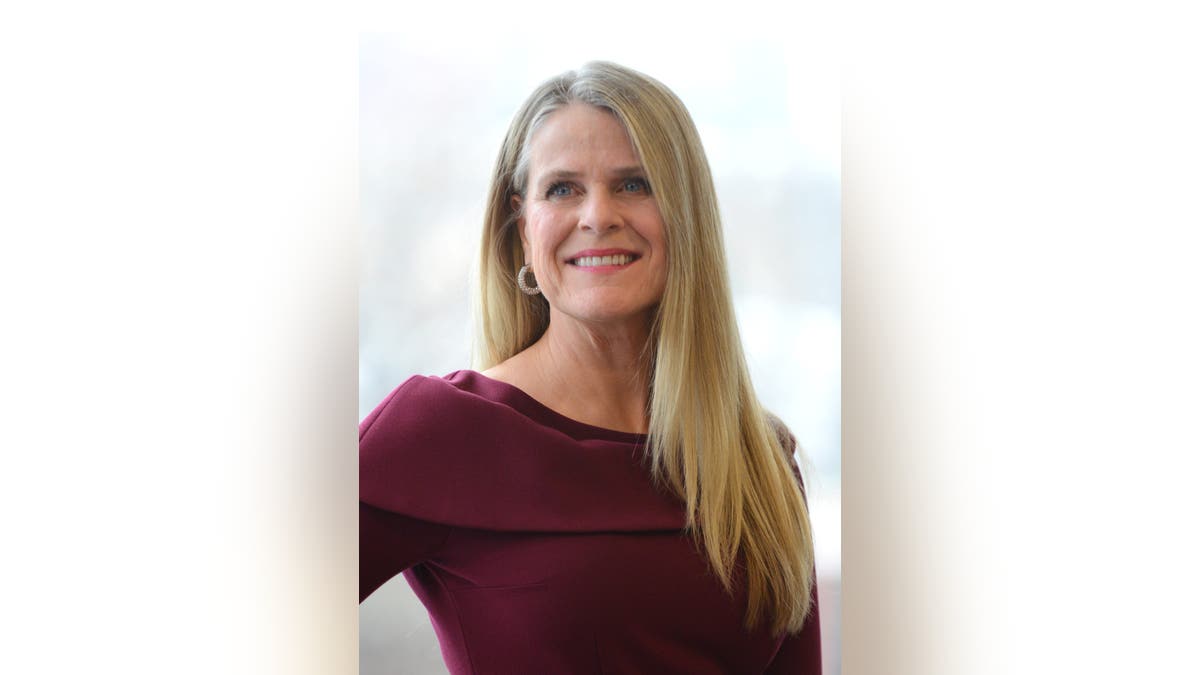
Lisbeth Votruba, a third-generation registered nurse in Belmont, Michigan, is also the chief clinical officer of AvaSure, a virtual health care platform. (Lisbeth Votruba)
“Nurses must be at the table for every discussion about technology that impacts the patient,” she said.
Mat Wellnitz: ‘Wish I’d known the stress involved’
Mat Wellnitz, a registered nurse in Big Rapids, Michigan, recently retired from a rural hospital after more than 34 years, most of them spent in critical care.
“I wish I’d known the amount of stress that’s involved in nursing,” said Wellnitz.
“I would have taken more time off for myself. It wasn’t until about a week after I retired that I realized how much stress I was blinded to.”
AMERICANS TRUST NURSES THE MOST OUT OF 23 MAJOR PROFESSIONS, NEW POLL FINDS: ‘AT THE FOREFRONT’
He added, “I used to lie down and instantly could feel my heart pounding, always thinking about work. But not anymore — and I sleep better.”
Larry Williams: ‘Your work impacts your overall health’
Larry Williams worked as a registered nurse at California’s Stanford Hospital in the intensive care unit before retiring in 2021.
“I went into nursing with my eyes wide open … There were no surprises because I worked in two different hospitals while going to school,” said Williams.
“My advice to anyone considering nursing and health care in general is to find a way to actually work in a hospital prior to graduating. Pay attention to your strengths and weaknesses and choose an area that fits you as a person.”
“It is not the career for everyone, but it was for me.”
He also told Fox News Digital, “While you are working, pay attention to how your work is impacting your overall health. Not everyone is cut out to work in the ICU. I still have occasional work dreams, and I remember the names and faces of people I cared for who did not survive.”
Said Williams, “That is balanced by the happy memories of my peers as well as lives that I have touched … It is not the career for everyone, but it was for me.”
Karie Ryan: ‘Bedside nursing is not the only option’
Karie Ryan, currently the chief nursing officer at health tech firm Artisight, spent 27 years as a nurse in Florida, with a specialty in medical/surgical/orthopedics.
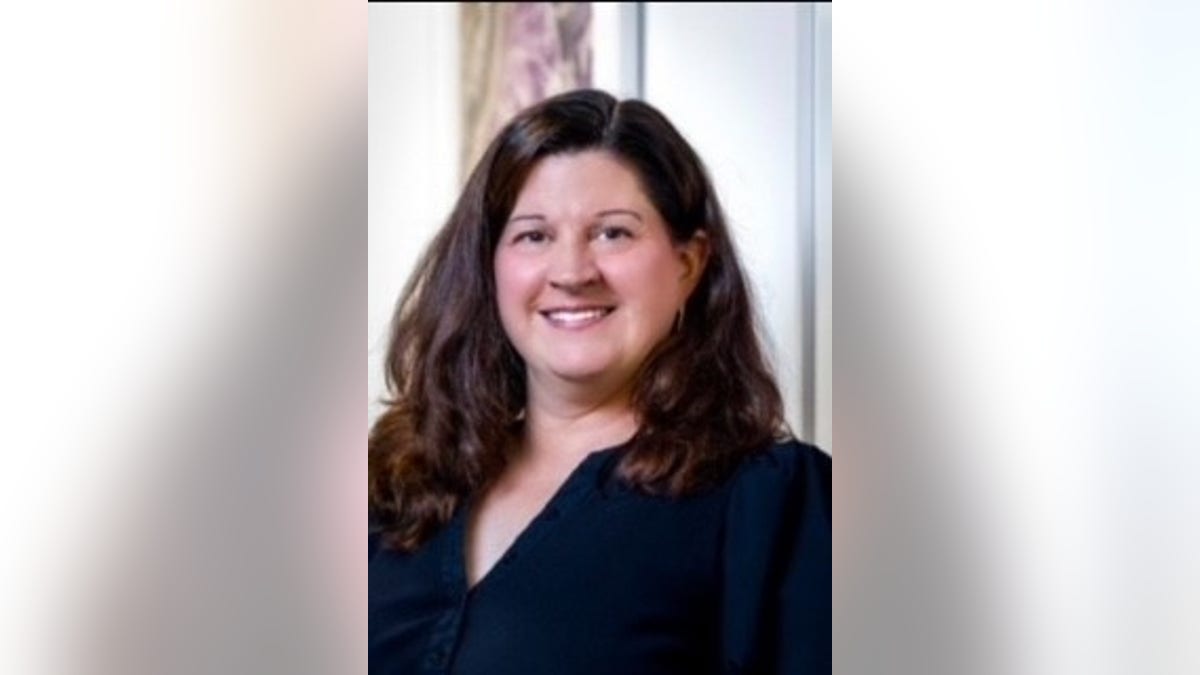
Karie Ryan, currently the chief nursing officer at the health tech firm Artisight, told Fox News Digital, “There are so many specialty opportunities, including nursing informatics.” (Karie Ryan)
“I wish I had known that bedside nursing is not the only option available in order to make an impact,” she told Fox News Digital.
“There are so many specialty opportunities, including nursing informatics.”
She added, “If nursing schools offered exploration in nursing informatics and other subspecialties, it would open a new world of possibilities not only to those entering the field, but as a consideration for nurses later in their career who may want to transition but remain in the profession.”
Katelynn Blackburn: ‘Constant pressure took a toll’
Katelynn Blackburn, a former nurse who is now an entrepreneur, worked 12-hour night shifts for parent access care in Chico, California, for over two years before leaving the field.

Katelynn Blackburn worked 12-hour night shifts for parent access care in Chico, California, for over two years before leaving the field. (Katelynn Blackburn)
“I wish I would have known more about how my personality would affect my profession in the medical field,” said Katelynn Blackburn.
“I am empathetic and caring; however, the field itself comes with a lot of pain and anxiety for patients and their families,” she said.
“The constant exposure to hardships, on top of the pressure of providing comfort and support to patients and their families, definitely took its toll on me.”
NATIONAL NURSES WEEK 2024: HOW TO CELEBRATE AND SHOW APPRECIATION TO THE NURSES IN YOUR LIFE
She added, “I wish I had thought less about the income and salary and more about what the actual job entails. You must find something you are passionate about and ensure that it will secure your family financially.”
Noted Blackburn, “I have always had an entrepreneurial mindset and a personality driven to achieve more — so I decided to leave to pursue something I felt more aligned with.”
Michele Acito: ‘Emotional bond is deep’
Michele Acito is executive vice president and chief nursing officer at Holy Name Medical Center in New Jersey. She joined Holy Name in 1989 as a telemetry nurse, working in the cardiovascular and intensive care units before she was promoted. Earlier in her career, she worked as a staff nurse in orthopedics at St. Joseph’s University Medical Center.
“I wish I’d known about the emotional commitment I was making,” said Acito.
CLICK HERE TO SIGN UP FOR OUR HEALTH NEWSLETTER
“We know we will be committed to providing the best care … but the emotional bond and commitment you make to patients and families as they navigate through life-changing events is deep. As a nurse, you quickly learn how to comfort, celebrate, support and educate patients and families through the good and the difficult times.”
She added, “Today, nearly 40 years into my career, I am able to reflect on how my training as a nurse helped me to help patients and families during their most vulnerable moments. It is what makes me proud to be a nurse.”
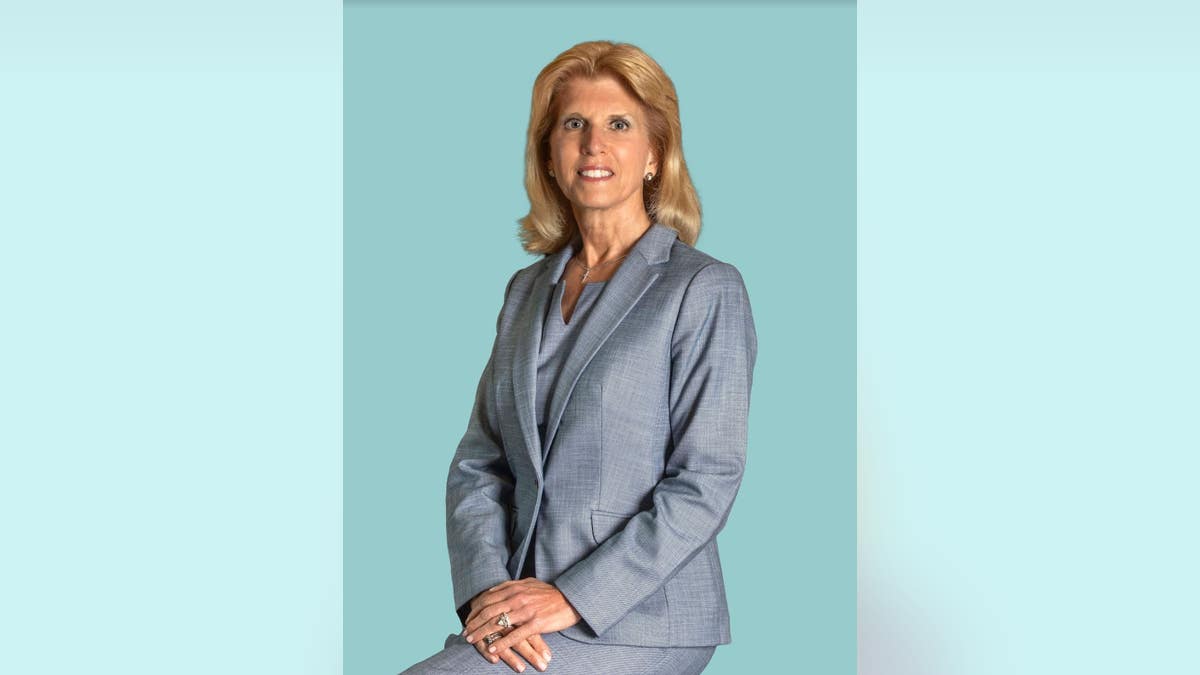
Michele Acito is executive vice president and chief nursing officer at Holy Name Medical Center in New Jersey. She originally joined Holy Name in 1989 as a telemetry nurse, working in the cardiovascular and intensive care units. (Michele Acito)
“Another thing I wish I had known before entering the profession,” said Acito, “was how complex it would be to blend a career, a young family and a household.”
“Nursing was the perfect career for someone striving to manage it all.”
But “what I realized was that nursing was the perfect career for someone striving to manage it all and find fulfillment and purpose on a personal and professional level. It requires thoughtful prioritization, planning and support.”
Other insights: ‘A nurse is a career learner’
Acito also shared the importance of ongoing education to set up nurses for success.
“Having graduated from a BSN program, I thought I was educationally set for my entire career,” she said. “I quickly realized that was not true.”
She noted, “A nurse is a career learner. Obtaining degrees is very important to remain current with theory — but learning through continuing education is paramount to staying current in practice.”
“Technologically, nothing remains the same in health care,” said Acito. “It’s an ever-evolving field. Pursuing a nursing career in hospitals and health systems that are committed to investing in innovation and technological advancements is critically important.”
Acito also pointed out, “What I did not know then, but I know today, is that I made the best career choice when I decided to be a nurse. The hours are difficult, the stress intense, the emotional commitment deep — but the rewards are innumerable.”
For more Health articles, visit www.foxnews.com/health.
Health
Peter Graves and James Arness: These Iconic TV Stars Were Brothers
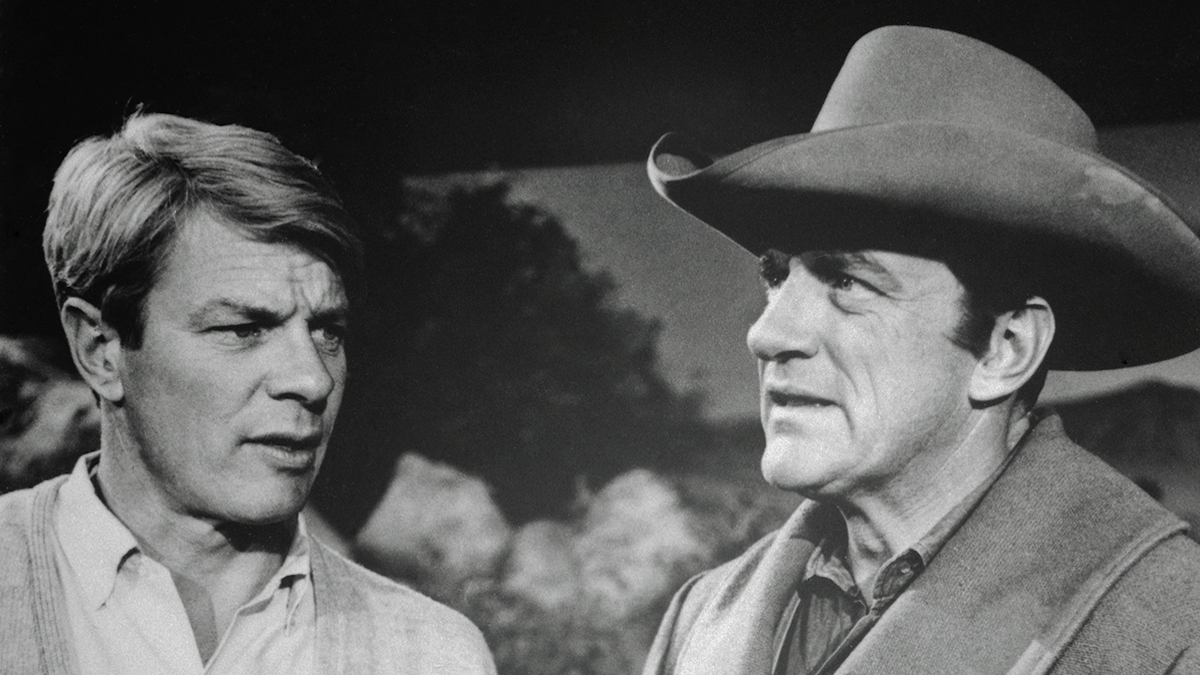
Sign Up
Create a free account to access exclusive content, play games, solve puzzles, test your pop-culture knowledge and receive special offers.
Already have an account? Login
Forgot your password?
Get back to the Sign In
Use left and right arrow keys to navigate between menu items.
Use escape to exit the menu.
-

 Movie Reviews1 week ago
Movie Reviews1 week ago‘The Substance’ Review: An Excellent Demi Moore Helps Sustain Coralie Fargeat’s Stylish but Redundant Body Horror
-

 Movie Reviews1 week ago
Movie Reviews1 week ago‘Rumours’ Review: Cate Blanchett and Alicia Vikander Play Clueless World Leaders in Guy Maddin’s Very Funny, Truly Silly Dark Comedy
-

 Culture1 week ago
Culture1 week agoFrom Dairy Daddies to Trash Pandas: How branding creates fans for lower-league baseball teams
-

 Movie Reviews1 week ago
Movie Reviews1 week ago‘Blue Sun Palace’ Review: An Intimate, Affecting and Dogma-Free Portrait of Chinese Immigrants in Working-Class New York
-

 News1 week ago
News1 week agoVideo: A Student Protester Facing Disciplinary Action Has ‘No Regrets’
-

 World1 week ago
World1 week agoPanic in Bishkek: Why were Pakistani students attacked in Kyrgyzstan?
-

 Politics1 week ago
Politics1 week agoAnti-Israel agitators interrupt Blinken Senate testimony, hauled out by Capitol police
-

 Politics7 days ago
Politics7 days agoMichael Cohen swore he had nothing derogatory on Trump, his ex-lawyer says – another lie – as testimony ends















